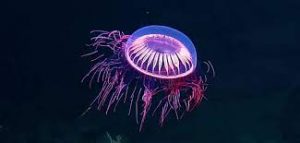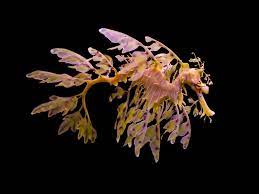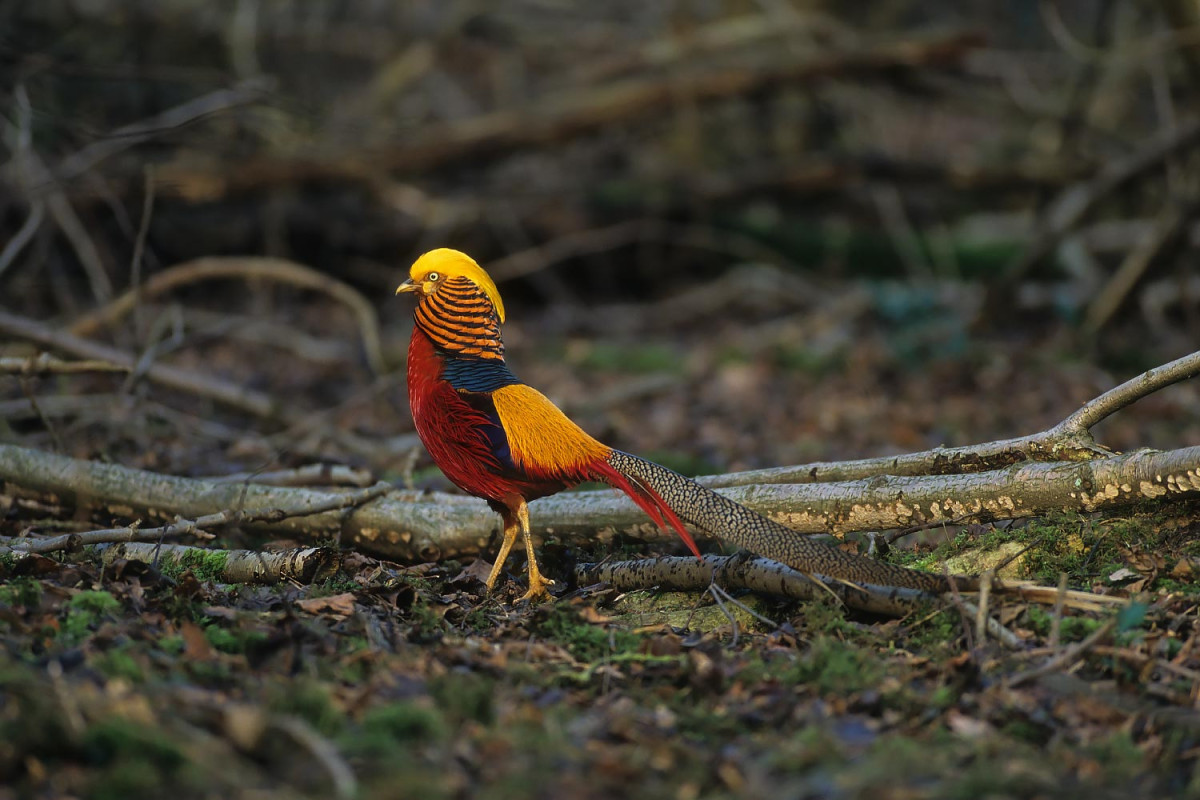Bizarre Sea Creatures That Look Like They’re Not Real
1. Halitrephes Massi Jellyfish

Halitrephes massi, commonly known on the internet as the firework jellyfish, is a species of deep-ocean hydrozoan of the family Halicreatidae. The most recent account of the jelly has been found at a depth of 4,000–5,000 feet (1,200–1,500 m) near the Revillagigedo Archipelago off Baja California Peninsula, Mexico.
This brightly colored sea-dweller, dubbed the Halitrephes Massi jellyfish, lives in the Eastern Pacific Ocean and is rarely seen by humans. So, what’s behind its stunning array of colors? Canals that move nutrients through the jellyfish’s body reflect light to make this brilliant display.
2. Christmas Tree Worms

Christmas Tree Worms, which can be found in warm, tropical waters ranging from the Caribbean to Indonesia, earned their name from the tree-like appendages that protrude from their top. The part of this worm that looks like a Christmas tree is actually its mouths. However, and the feathery bits are tentacles that push food toward its digestive apparatus.
3. Leafy Seadragon

This might look like a drifting piece of kelp, but it’s actually a leafy seadragon. They’re found off the southern and western coasts of Australia. They’re nicknamed “leafies” and are the marine emblem of South Australia. And while their cool-looking fins may seem like a means of propelling. The seadragon through the water, they’re actually only used as a means of camouflage.
Leafy seadragons are very poor swimmers and rely on their camouflage to avoid predation. They are relatively large compared to their closely related species and reach lengths of up to one foot (30 cm) long. Leafy seadragons eat small. Plankton crustaceans but are small enough themselves and have sufficient vision to see and attack individual prey (unlike large filter feeders). Their heads are relatively large compared to their very small mouths. Thus they are able to concentrate enough pressure at their mouths to easily suck in their prey.











